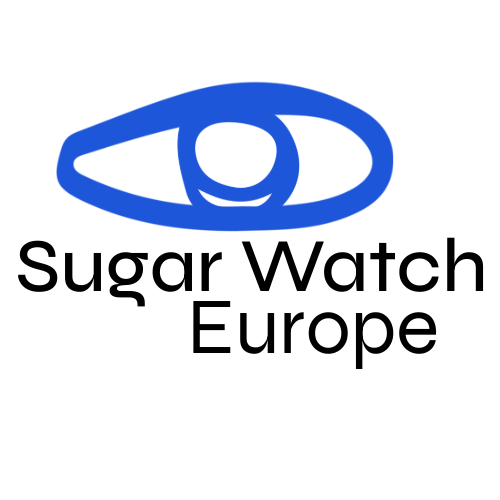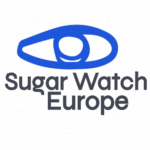The essential
UNESDA, as the professional association of soft drink manufacturers in Europe, has actively participated in consultations on sugar taxation. Here are the key points of their position:
UNESDA firmly opposes the introduction of taxes on sugary drinks, arguing that these measures are not effective in combating obesity and non-communicable diseases. Main arguments:
UNESDA maintains that taxes on sugary drinks have no significant impact on sugar consumption or public health.Taxes could have negative repercussions on businesses and jobs in the beverage sector. The association highlights the industry’s efforts to reduce sugar in beverages and offer sugar-free alternatives, thus encouraging consumers to make healthier choices.
Lobbying strategies:
UNESDA has enlisted firms such as Fleishman-Hillard to strengthen its arguments and visibility.
Creation of websites and campaigns to promote the idea that taxes on food and beverages are not an effective solution.
UNESDA successfully had a tax on sugary drinks abolished in Denmark, which had been in place for 80 years.
When Industry Speaks Louder Than Science
The beverage industry would have us believe that sugar taxes don’t work, that they harm economies, and that voluntary industry action is sufficient to protect public health. But behind these polished talking points lies a carefully orchestrated campaign to protect profits at the expense of our collective wellbeing.
Let’s be clear about what the evidence actually shows. When Mexico introduced its sugar tax, consumption of sugary drinks dropped by 12% within two years. In the UK, the soft drinks industry levy led to a 44% reduction in sugar content across taxed beverages even before it was fully implemented, as manufacturers rushed to reformulate their products. From Philadelphia to Catalonia, similar patterns emerge: sugar taxes work, both in reducing consumption and in pushing companies to offer healthier alternatives. These aren’t marginal effects—they represent meaningful shifts in population behavior that public health experts recognize as critical steps in addressing the obesity and diabetes epidemics.
UNESDA’s hand-wringing about economic harm conveniently omits the staggering costs of inaction. Obesity-related illnesses cost European healthcare systems tens of billions of euros annually. Type 2 diabetes alone drains resources that could fund schools, infrastructure, and social services. When the industry claims to worry about jobs, they’re asking us to ignore the workers sidelined by preventable chronic diseases and the healthcare professionals overwhelmed by entirely avoidable conditions. The real economic question isn’t whether we can afford sugar taxes—it’s whether we can afford not to implement them. The industry’s celebration of “consumer choice” and voluntary reformulation would be touching if it weren’t so transparently self-serving. For decades, soft drink manufacturers have marketed aggressively to children, placed their products in schools, and fought tooth and nail against any meaningful regulation. Their sudden conversion to public health advocacy appeared only when governments began considering mandatory measures. When companies tout their sugar-free options while simultaneously spending millions to advertise their most sugary products to vulnerable populations, we’re witnessing corporate doublespeak at its finest.
Perhaps most revealing is UNESDA’s lobbying playbook itself. Hiring high-powered consultancy firms, creating astroturf campaigns disguised as grassroots movements, and claiming victory when they successfully dismantle public health measures—this is the tobacco industry’s strategy, repackaged for a new generation. The Denmark example they proudly cite as a “success” was the elimination of a broad-based tax, not a properly designed sugar tax. Modern sugar taxes are sophisticated, targeted policies that learn from past mistakes. But UNESDA knows that nuance doesn’t serve their narrative.
The fundamental issue is one of trust and accountability. Should we shape public health policy based on independent scientific evidence and the recommendations of organizations like the WHO, or should we let an industry with billions in revenue at stake dictate the terms of the debate? The beverage industry isn’t a neutral party offering helpful expertise—it’s a interested actor whose financial success depends on selling products that public health experts agree are consumed in excess.
Sugar taxes aren’t a silver bullet, and no serious public health advocate claims they are. They’re one tool in a comprehensive approach that must include education, better food labeling, restrictions on marketing to children, and improved access to healthy alternatives. But they’re an important tool, backed by evidence, and the fierce resistance they face from industry tells us everything we need to know about their potential effectiveness.
When UNESDA speaks, we should listen carefully—not to their arguments, but to what their opposition reveals. Every euro spent lobbying against sugar taxes is an admission that these policies threaten their bottom line. And if protecting industry profits requires sacrificing public health, we know exactly where their priorities lie.


